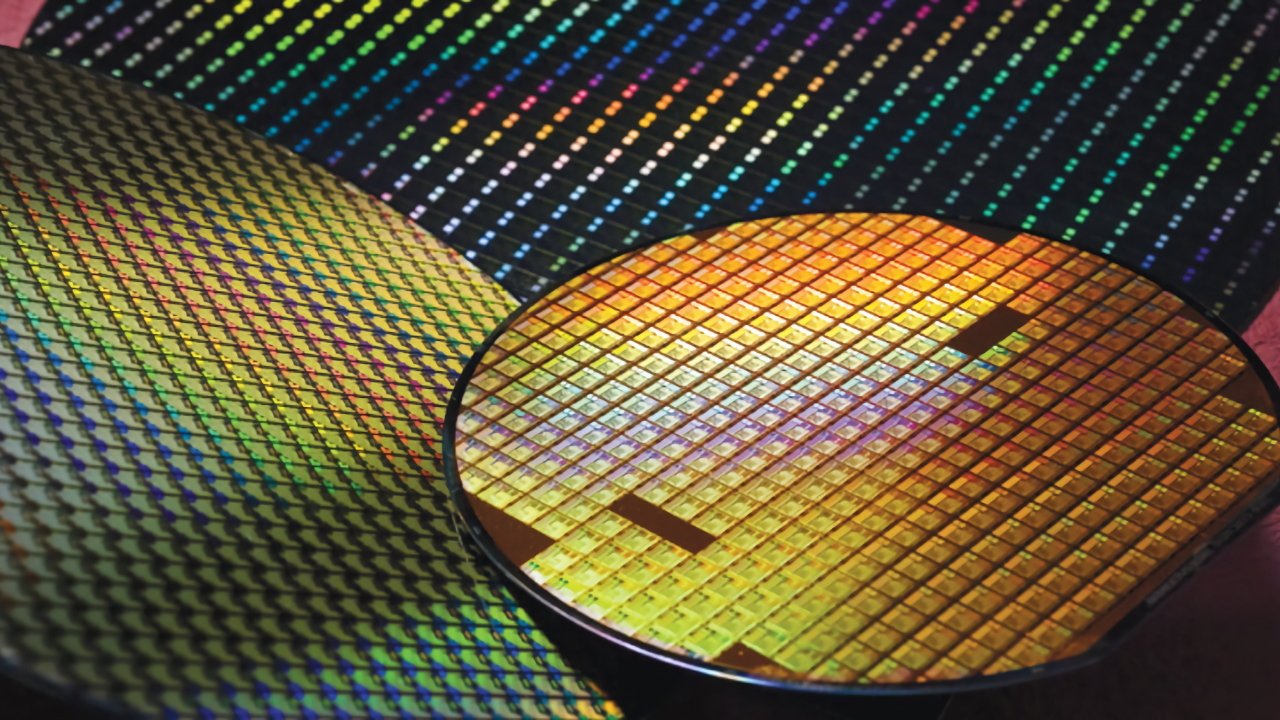Analyst Ming-Chi Kuo claims that reports Apple has an exclusive arrangement where TSMC absorbs the cost of failed processors is not true.
The recent report of a so-called "sweetheart deal" between Apple and TSMC claimed that it was an exclusive arrangement concerning the pricing of processors. Where all other companies pay for a complete wafer, including some failed processors, Apple does not.
Instead, it was claimed that TSMC absorbed the cost of any such yield failures, and Apple only paid for functioning ones. Apple was said to benefit from this to the tune of many billion dollars per year, and TSMC benefited in turn from Apple being willing to back its development of new processors.
Now analyst Ming-Chi Kuo says that the idea this is an exclusive arrangement is not true.
Apple3nm
— (Ming-Chi Kuo) (@mingchikuo) August 9, 2023
(finished goods buy) (wafer buy)
"There are two ways that customers buy chips from TSMC: finished goods buy and wafer buy," he writes in the full X post. "The vast majority of deals are wafer-buy because TSMC's yields are good enough to ignore the cost of defective chips."
"But Apple is a special case," he continues. "Apple has always asked TSMC to provide the world's latest advanced node production services."
"Because the latest advanced node has many defective chips in the early stage of production, Apple has always purchased finished goods," says Kuo. "And TSMC allocates most of the cost of defective chips to the selling price of each finished chip."
"The best evidence is that the cost of the new processor used in new iPhones increases significantly every year," concludes Kuo, "and this year's A17 is no exception."
Alongside any increase in the cost to Apple of the A17 processor, the forthcoming iPhone 15 range is expected to include a price rise for at least the iPhone 15 Pro Max.
 William Gallagher
William Gallagher








 Charles Martin
Charles Martin
 Christine McKee
Christine McKee
 Wesley Hilliard
Wesley Hilliard
 Malcolm Owen
Malcolm Owen
 Andrew Orr
Andrew Orr

 Sponsored Content
Sponsored Content







17 Comments
If it were true, someone is in serious legal trouble for leaking such favorable contract details. Competitors are fuming.
So what’s the big deal?
The type of deal Apple has is none of our concern. They have a business model for their chip buying and we are purchasing phone, tablets and computers with chips. All we care about are performance, quality and price.
I'd equate to the person buying a new car with a sticker price of $40K. The negotiate to $36K and get $10K for the trade. They also could have felt good about themselves if they paid $38K, but got $12K for the trade. The dealer does not care how the numbers work so long as they get what they need.
The only thing making this a big story is TSMC has said yields on on 3nm wafers are low. What I've read in the past TSMC yields are around 90%, but the new 3nm the yields are just around 50%.
I rememberApple made the deal with TSMC after Intel had backed out of a 3nm deal with TSMC. So what's going with yield could be why Intel backed out they could see this coming. Apple depended on the Intel TSMC deal because the Intel was the money needed by TSMC to ramp up on 3nm fabrication. Intel backing out meant Apple wasn't going to get the 3nm chips they were planning on. So Apple goes into negotiations with TSMC so TSMC would have funds to make 3nm chips. Whole lot to the business side of the Apple TSMC deal.